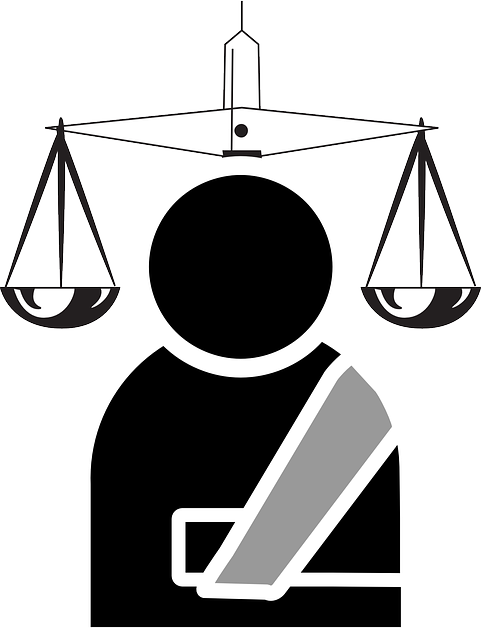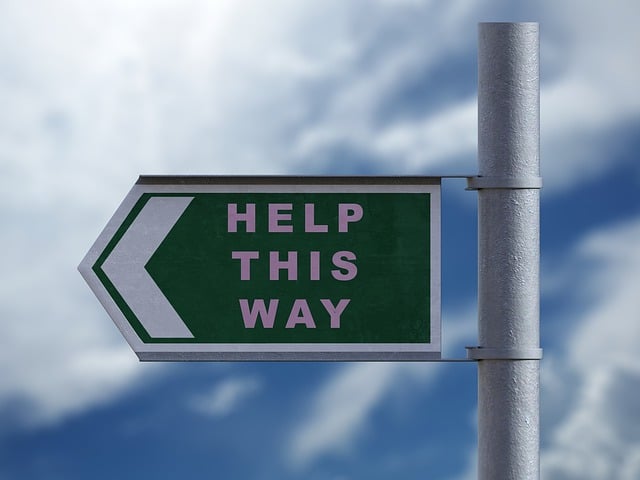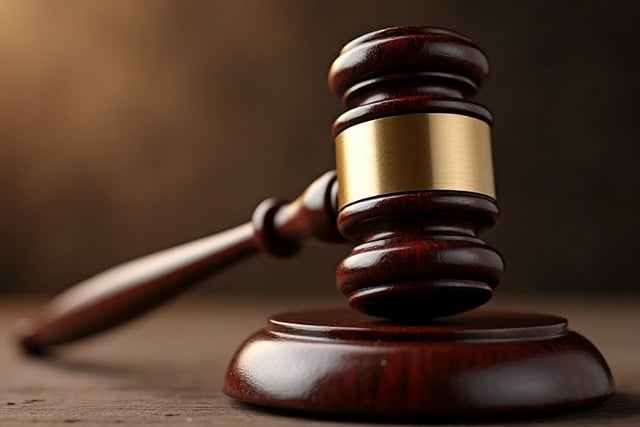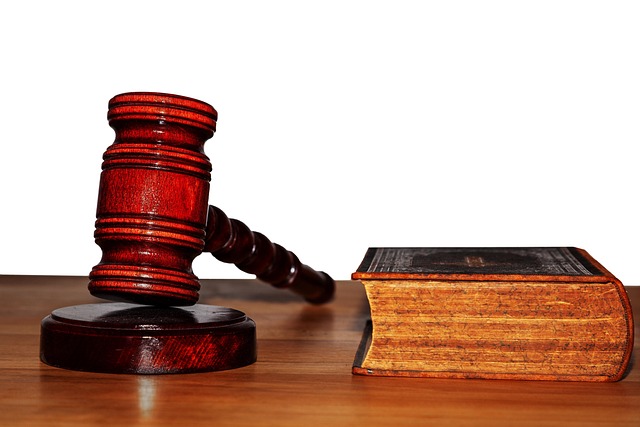After a motorcycle accident, understanding your rights and taking swift action are crucial for a successful motorcycle accident claim. Prioritize safety, seek medical attention, and document the scene with photos. Contact your insurance company immediately and gather evidence such as witness statements, medical records, and repair estimates. Consider legal advice to navigate complexities and ensure you're fully compensated for your injuries and losses.
After a motorcycle accident, understanding your rights and gathering evidence are crucial steps towards filing a successful claim. This comprehensive guide navigates the process, equipping riders with knowledge and tools to pursue compensation for their injuries and losses. From recognizing your legal rights to effectively documenting your claim, you’ll learn how to proceed smoothly and maximize your chances of a favorable outcome. Let’s dive into the essential aspects of navigating a motorcycle accident claim.
- Understanding Your Rights After a Motorcycle Accident
- Gathering Evidence and Documenting Your Claim
- Navigating the Claims Process: What to Expect and How to Proceed Successfully
Understanding Your Rights After a Motorcycle Accident

After a motorcycle accident, understanding your rights is crucial for navigating the claims process successfully. In many jurisdictions, motorcyclists are afforded certain protections and entitlements when involved in collisions. Firstly, ensure you are aware of your right to seek compensation for any injuries sustained, including slip and fall injuries or more severe trauma. This process often involves filing a motorcycle accident claim with the appropriate insurance companies or authorities.
It’s also important to recognize that you may require the assistance of a personal injury attorney, especially in cases of medical negligence. They can guide you through the legal complexities, help gather evidence, and represent your interests during negotiations or court proceedings. By familiarizing yourself with these rights and seeking proper support, you can better ensure a favorable outcome for your motorcycle accident claim.
Gathering Evidence and Documenting Your Claim

After ensuring your safety and seeking medical attention following a motorcycle accident, gathering evidence and documenting your claim are crucial steps in navigating personal injury claims. Start by taking photos of the accident scene, including any visible damage to your motorcycle and surrounding environment. These visual records can serve as compelling evidence in support of your case. Additionally, collect contact information from witnesses who observed the incident; their statements can significantly strengthen your motorcycle accident claim.
Documenting your injuries and losses is equally vital. Keep detailed records of medical bills, prescriptions, and any other expenses related to auto accident injuries. Additionally, maintain a log of missed workdays or any impairment that affects your daily life due to the accident. These documents will be essential when communicating with an insurance company or pursuing assistance from an accident attorney to ensure you receive fair compensation for your motorcycle accident claim.
Navigating the Claims Process: What to Expect and How to Proceed Successfully

Navigating the claims process after a motorcycle accident can be daunting, but understanding the steps involved can significantly increase your chances of success. The first step is to ensure everyone’s safety and seek medical attention if necessary. Then, document the scene by taking photos of injuries, damage to vehicles, and any visible evidence relevant to the accident. Contacting your insurance company immediately is crucial; they will guide you through the initial stages, including filing a report and providing documentation.
Next, gather all relevant information—personal details, witness statements, medical records, and repair estimates. These documents are vital when constructing your motorcycle accident claim. Consider seeking legal advice to help you understand your rights and responsibilities. A lawyer experienced in personal injury cases can offer valuable insights, especially when dealing with complex situations like medical malpractice or slip-and-fall incidents, which may require a different approach than a partnership disagreement, where the focus shifts to contractual obligations.
Filing a successful motorcycle accident claim requires understanding your rights, gathering solid evidence, and navigating the claims process diligently. By following the steps outlined in this article—from assessing your situation after an accident to effectively communicating with insurance companies—you can increase your chances of receiving fair compensation for your injuries and other damages. Remember, knowing your rights and being prepared are key to a positive outcome.





